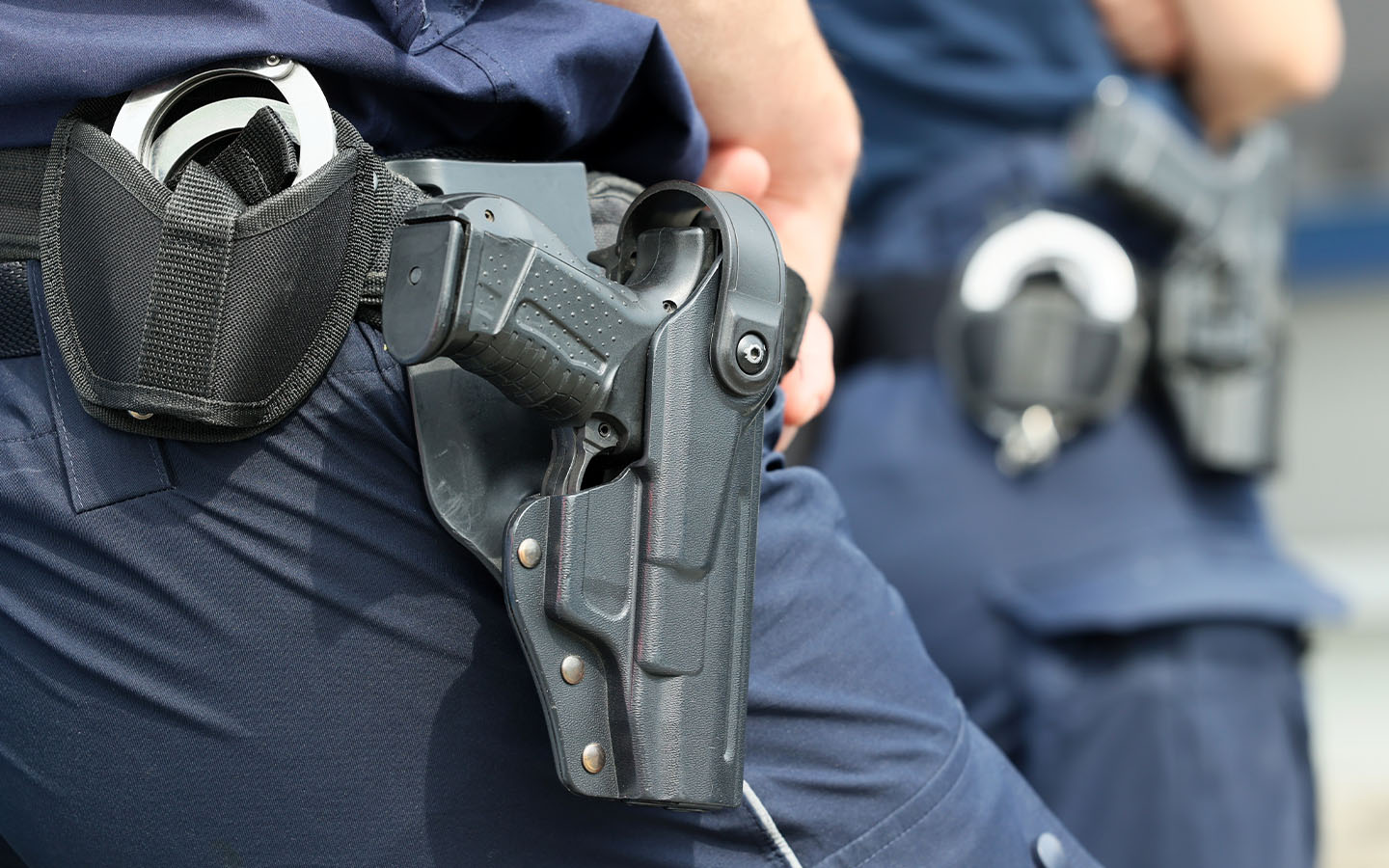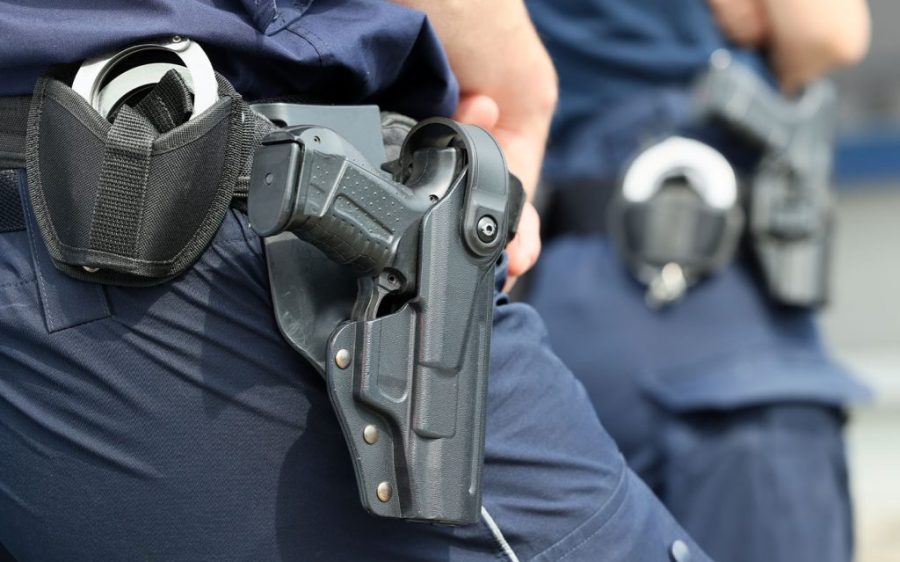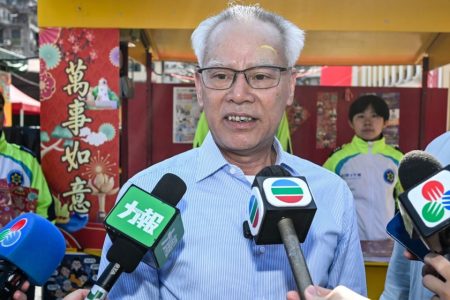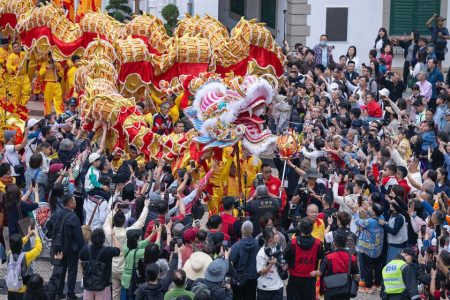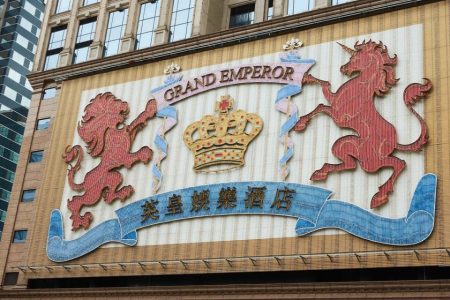The number of people holding gun licences in Macao is expected to fall once a new law regulating firearms comes into effect on 31 August, according to the commander of the SAR’s Public Security Police Force, Ng Kam Wa.
Speaking at a press conference reported by local media last Friday, Ng said that 742 individuals in the city currently possessed gun licences – a figure including police officers and government department staff.
The new law would tighten current regulations by requiring each licence applicant to undergo an in-person interview, demonstrate their ability to safely manage a firearm, and submit evidence of their sound physical and mental capacity, Ng said.
[See more: You can now buy bullets via vending machines at US supermarkets]
The legislation will also adopt international labelling standards for weapons and lay out guidelines for commercial and industrial properties where firearms are handled.
Ng stated that the law would not affect the operations of the two local businesses involved in the arms industry.
Macao’s current firearms law has been criticised for being too “simple” by Secretary for Security Wong Sio Chak. Last year, Wong warned lawmakers that it failed to properly regulate the private possession of weapons and noted that the SAR needed a more comprehensive control system.
Gun violence in both Macao and the mainland is very rare. Earlier this year, China’s Ministry of Public Security told the Global Times that the country had one of the lowest rates of gun-related violence in the world.
However, Macao did experience a spate of gun crimes in the 1990s, shortly before its return to Chinese sovereignty. Most of the shootings involved criminal organisations, known as triads, carrying out coordinated assassinations.
